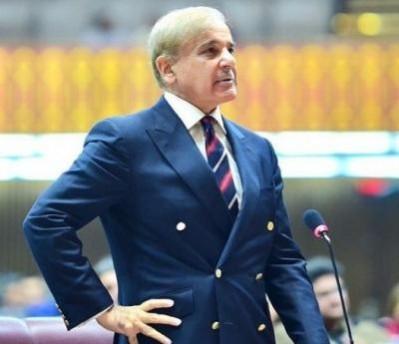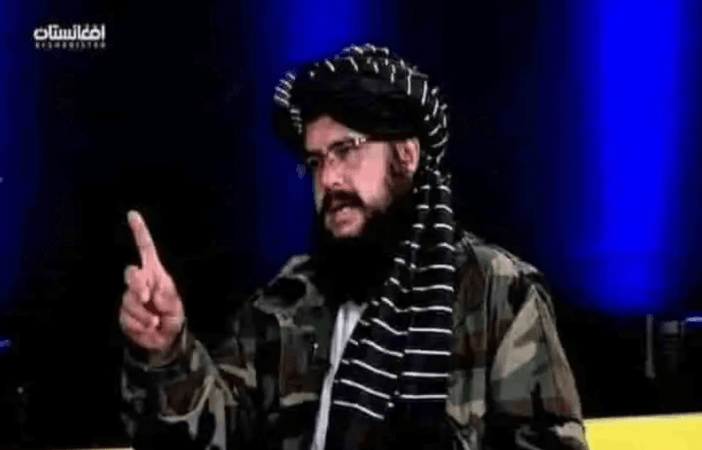Pakistan Prime Minister Shehbaz Sharif's speech at the United Nations General Assembly (UNGA) session has sparked a fresh diplomatic row between Pakistan and the Afghan interim government which has denied the presence of any armed groups on Afghan soil, local media reported.
On one hand, the prime minister urged the international community to remain engaged with the Afghan Taliban but on the other, he shared global concerns over the presence of terrorist groups on Afghan soil, The Express Tribune reported.
Shehbaz particularly mentioned the threat posed by the major terrorist groups operating from Afghanistan, especially ISIL-K and TTP as well as Al-Qaeda, ETIM and IMU.

"They all need to be dealt with comprehensively, with the support and cooperation of the interim Afghan authorities," he insisted.
His statement, however, was not taken well by the Afghan interim government, which put out a statement rejecting the allegations, The Express Tribune reported.
A formal reaction issued by the Afghan foreign ministry stated that some countries, including the US and Pakistan, expressed concerns at the 77th session of the UNGA that the threat of terrorism still exists in Afghanistan.
"These concerns are based on incorrect information and sources and are being brought up as the relevant parties are yet to hand over the seat of Afghanistan at the United Nations to its rightful legal and political owners, the Afghan government," the Afghan foreign ministry spokesperson claimed.
"If this right is indeed afforded to the Afghan government, it will open an opportunity to directly share ground realities of Afghanistan with regional and world countries and address any concerns," the statement added.
The spokesperson said that the Islamic Emirate once again rejected such assertions and reiterated its position to the world. He added that the territory of Afghanistan will not be used against any other country nor does any armed group currently have a presence in Afghanistan.

"Rather than raising unsubstantiated concerns and allegations, the world should engage positively with the Islamic Emirate by sharing their view and concerns directly and not through the media or public statements," he said, The Express Tribune reported.
Since the Taliban takeover, Pakistan has remained an advocate of the de-facto rulers of Afghanistan at the world forums. Islamabad has been consistently urging the international community, particularly the western world not to abandon the war-torn country.

















